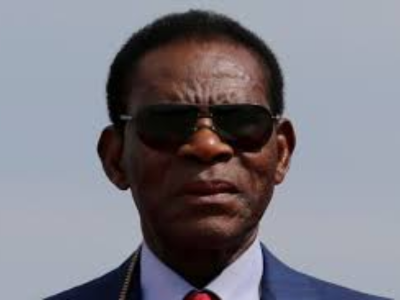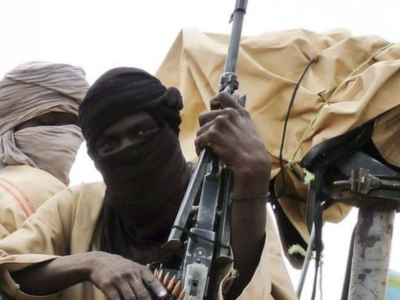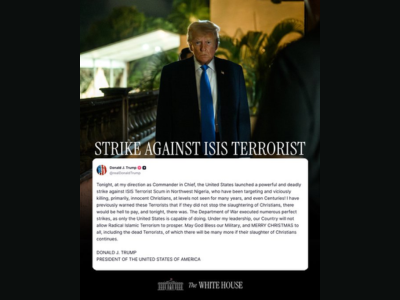Ebola: WHO Begins Vaccinations in DRC as Cases Rise
- by Admin.
- Sep 14, 2025

Credit:
Local health authorities and the World Health Organization have kicked off a targeted vaccination drive in the Democratic Republic of the Congo's Kasai Province, aiming to curb a fresh Ebola outbreak that has already claimed 16 lives and prompted warnings of potential spread across borders.
The initiative, which began Sunday, September 14, 2025, prioritizes frontline health workers and close contacts of confirmed cases, using the Ervebo vaccine in a ring vaccination strategy to build a protective barrier around known infections. An initial batch of 400 doses arrived in Bulape – the outbreak's ground zero – drawn from the country's national stockpile of 2,000 doses prepositioned in Kinshasa. The International Coordinating Group on Vaccine Provision, which includes the WHO, has greenlit an additional 45,000 doses for shipment, bolstering efforts to contain what officials describe as the DRC's 16th Ebola outbreak since 1976.
The virus, the Zaire strain of Ebola, was first detected in a 34-year-old pregnant woman who sought treatment at Bulape General Reference Hospital on August 20. She presented with fever, bloody diarrhea, hemorrhage, and weakness, succumbing to multiple organ failure on August 25. Laboratory confirmation came swiftly: samples tested positive on September 3 at the National Institute of Biomedical Research in Kinshasa via GeneXpert and PCR assays. Whole-genome sequencing revealed this as a new zoonotic spillover, genetically distinct from prior Kasai outbreaks in 2007 and 2008-2009, and unrelated to the 2022 Equateur event.
By September 8, the tally stood at 63 suspected or confirmed cases across Bulape and Mweka health zones, with 16 deaths – including four health workers, underscoring the risks to those on the front lines. Earlier reports from September 4 cited 28 suspected cases and 15 fatalities, showing the situation's rapid evolution. The health ministry in Kinshasa reported 32 suspected cases as of September 14, with 20 confirmed. Patrick Otim, WHO's programme area manager, flagged a moderate risk of cross-border transmission to Angola, given a confirmed case 70 kilometers from Bulape, and stressed that delays could complicate containment.
Kasai's remote terrain adds hurdles: the province's dense tropical forests – a natural reservoir for the virus, likely harbored in fruit bats – make access tough, with road travel from Kinshasa taking up to three days and limited air links. The nearest isolation unit has just 15 beds, straining capacity as cases mount. A national rapid response team, bolstered by 48 WHO experts in epidemiology, infection control, lab work, and case management, has deployed to enhance surveillance, contact tracing, and community engagement. The DRC Red Cross is mobilizing volunteers for door-to-door education to counter rumors and build trust, drawing on lessons from past outbreaks where misinformation slowed responses.
This marks the DRC's first Ebola flare-up in three years, following the 2022 Equateur outbreak contained in under three months. The country has stockpiled treatments like monoclonal antibodies and supportive care supplies, but experts like Otim warn that waning international aid – amid global funding strains – could hinder progress.
Africa CDC Director-General Dr. Jean Kaseya visited Kinshasa post-declaration to coordinate support, emphasizing digital surveillance and worker protections. WHO Regional Director for Africa, Dr. Mohamed Janabi, highlighted the DRC's proven track record, noting 15 prior outbreaks managed despite challenges like ethnic conflicts in Kasai that displaced over a million in 2017.
Ebola spreads through contact with infected bodily fluids, causing severe symptoms like vomiting, bleeding, and organ failure, with fatality rates up to 90 percent without prompt care. The Ervebo vaccine, proven effective against Zaire ebolavirus, offers hope: ring vaccination was key in ending the 2018-2020 crisis. As teams race to trace over 200 contacts and expand testing, the focus remains on early detection and community buy-in to prevent a wider crisis in a nation already battling mpox, cholera, and humanitarian woes.













0 Comment(s)